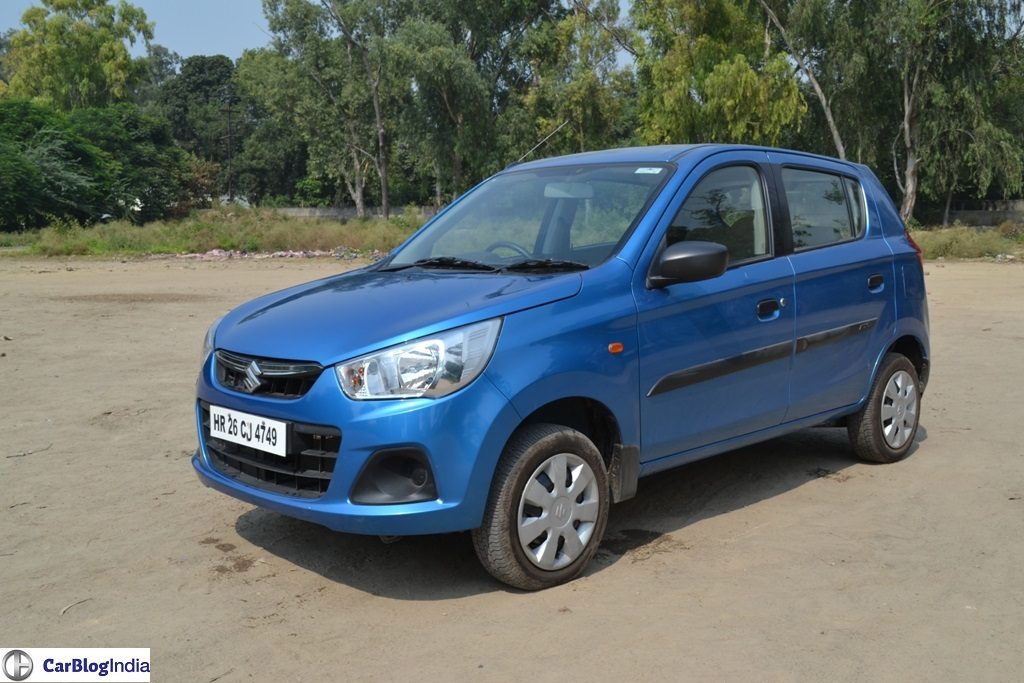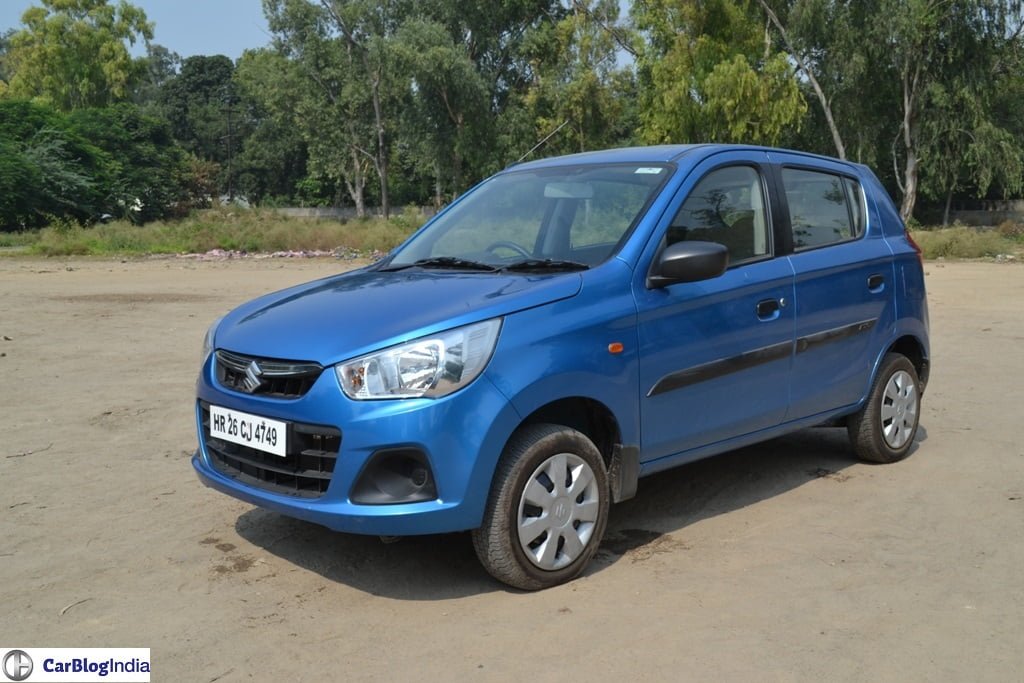Fresh media reports suggest that Maruti will soon discontinue the Alto K10 in India. It has still not received a BS6 compliant petrol engine.
Maruti has a variety of hatchbacks available for its buyers. Starting from Alto 800 to the Baleno, there are a total of eight hatchbacks. Amongst all, Maruti is going to discontinue one of them permanently, post April 2020.
Maruti Alto K10 will face the axe soon. The hatch hasn’t received any BS6 upgrade till now. Importantly, it did not get any major facelift/upgrade since 2014. Last year, it just got the necessary safety features like rear parking sensors, dual front airbags, seat belt reminders and speed alert system.

With the launch of S-Presso, Maruti filled the gap between Alto 800 and WagonR. It is priced identical to the Alto K10. The SUV-styled hatchback emerged a clear winner between both and has now become a high-selling product.
Also Read: Maruti Suzuki Vitara Brezza Facelift – Variants and Features
This is the main reason for Maruti to ditch the Alto K10. Also, the SPresso offers more features and is a lot more stylish too. Alto 800 is still a popular car for the entry-level car buyers, with its prices ranging between 2.94 Lakhs up to Rs 4.36 Lakhs (ex-showroom).
In comparison, the Alto K10 is priced from Rs 3.60 Lakhs to Rs 4.39 Lakhs. S-Presso comes in a bit costlier, starting at Rs 3.71 Lakhs to Rs 4.99 Lakhs (all prices ex-showroom). Going by the sales numbers for the past months, Alto K10 has been performing gradually lower.
Alto K10 comes with the 1.0 Litre three-cylinder naturally aspirated petrol engine. The motor produces 68 BHP and 91 Nm of peak torque, mated to a 5-speed MT and a 5-speed AMT. The same engine comes on S-Presso, base variants of WagonR and Celerio.
Also Read: BS6 Maruti Ignis Launched – New Price List And Changes Explained
In its time, the Alto K10 was a very popular car. For people who wanted a peppy engine, more powerful than the Alto 800 and the most affordable AMT car, went for the K10. Alto has now become a brand name due to its existence in India for more than a decade.


